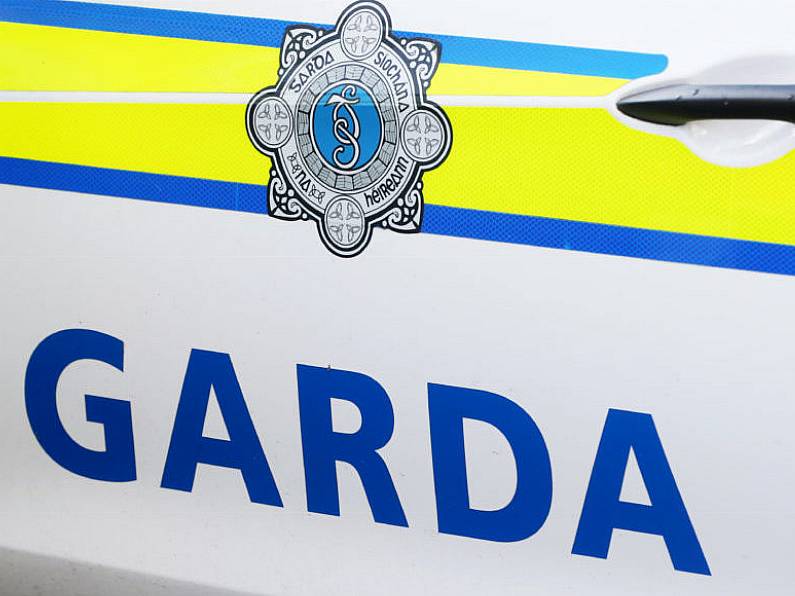The Government has agreed to publish its draft law on facial recognition technology (FRT), which will be used for offences including violent disorder.
This was added in the wake of the Dublin riots.
The Minister for Justice has said the Bill aims to help gardaí “trawl” through thousands of hours of CCTV when investigating serious crimes.
Groups such as the Irish Council for Civil Liberties have raised concerns about how FRT could be used by authorities, particularly around whether it is used without warranted suspicion.
In the wake of the Dublin riots, Minister for Justice Helen McEntee said riot and violent disorder would be included in the list of offences that the technology could be used for and said it would only be used “retrospectively”.
Garda Commissioner Drew Harris said there had been “huge distortion” over the issue, and that FRT would only be used for the “retrospective investigation” of serious crimes which involves analysing CCTV or other images.
On Thursday, Ms McEntee said she had received Cabinet approval to publish the General Scheme of the Garda Síochána (Recording Devices) (Amendment) Bill 2023.
“There has been an explosion in the use of digital data in criminal investigations, and without adequate data analysis tools, the length of criminal investigations will increase,” she said.
“We are already seeing Gardaí having to trawl through thousands of hours of CCTV – 12,000 hours in the case of the Dublin riots.
“Facial recognition technology will dramatically save time, speed up investigations and free up Garda resources for the high-visibility policing we all want to see.
“Reducing the amount of time it takes Gardaí to go through video footage will be of particular help where time is of the essence following a very serious crime being committed. It is in the interests of all parties, not least victims of crime, to have criminal investigations pursued as effectively and rapidly as possible.
“The General Scheme is intended to provide for the use of biometric identification, using facial images, by An Garda Síochána for an exhaustive list of the most serious of offences.
“It will only provide for a limited form of retrospective use of biometric identification which can assist An Garda Siochana when they are searching CCTV footage and data.”
Ms McEntee is to ask the Oireachtas Justice Committee to conduct pre-legislative scrutiny of the Bill and to consider an additional list of serious offences for possible inclusion.
The draft Bill is to provide for the “retrospective” searching of images which are legally in the possession of Gardaí, through the “safe and ethical use” of biometric identification.
This will only take place where a serious offence is suspected; where the use of biometric identification is necessary and proportionate; and where the use of biometric identification is authorised in writing in advance by a chief superintendent and a record is kept.
The department said that the Bill also provides “safeguards and oversight” of the new powers granted to Gardaí, and noted that the new legislation would be drafted “fully in line” with EU law.
By Gráinne Ní Aodha, PA
Keep up to date with all the latest news on our website Beat102103.com






